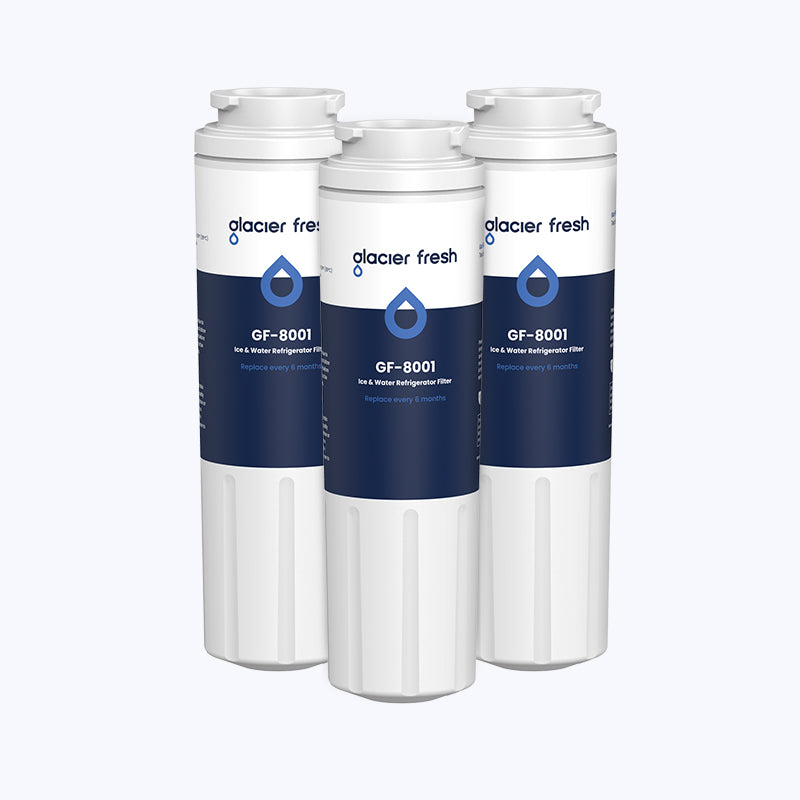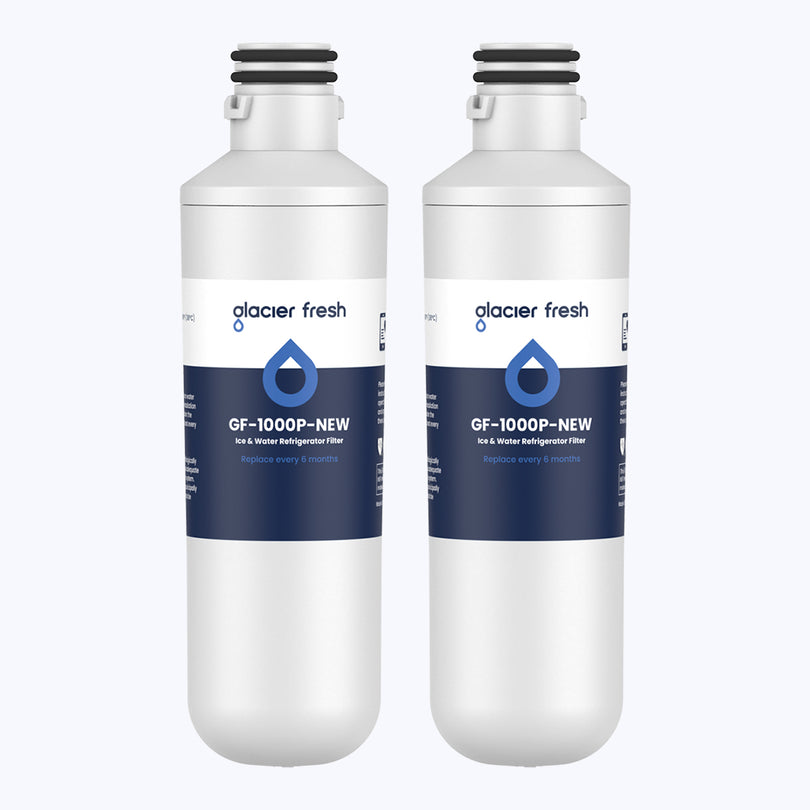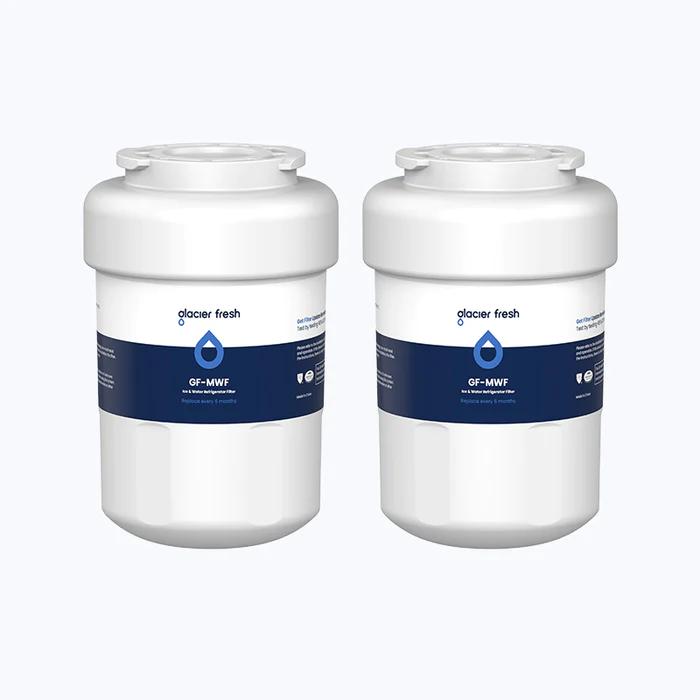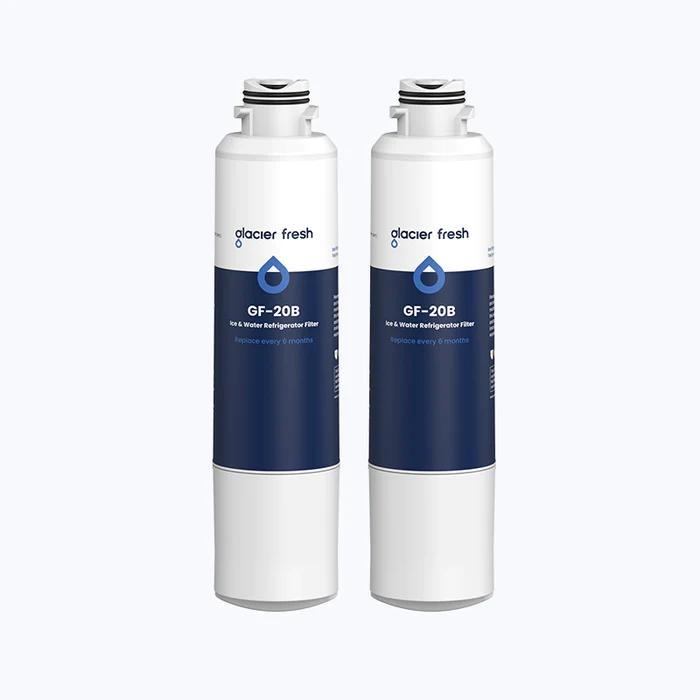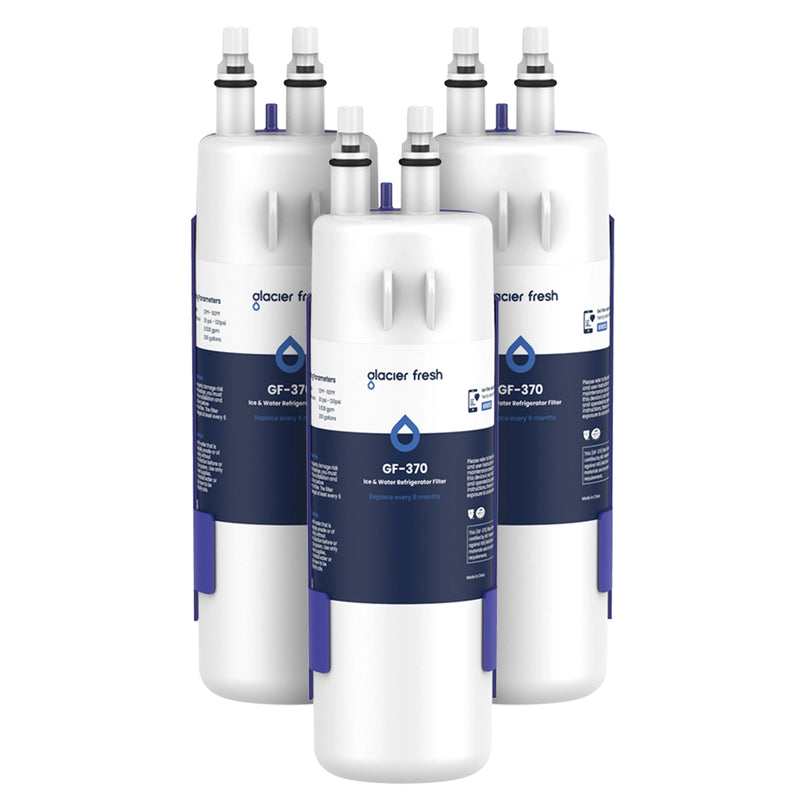Table of Contents:
Common contaminants in tap water
Potential health risks of tap water for pregnant women
Safety measures for tap water consumption
Alternatives to tap water
FAQs
Conclusion
Are you expecting a baby and wondering if drinking tap water during your pregnancy is safe? This article will explore the facts and concerns surrounding this topic to help you make an informed decision. Tap water is a common source of hydration for many people, but it's essential to understand the potential risks it may pose to pregnant women. We will discuss the common contaminants in tap water and how they can affect your and your baby's health. Additionally, we will provide safety measures you can take to ensure the water you consume is safe during pregnancy. If you have concerns about tap water, we will also explore alternative options that you can consider. Stay informed and make the best choices for your health and your baby's health.
Common contaminants in tap water

While you're expecting, it's crucial to be cautious since specific contaminants present in your tap water can potentially pose serious health risks. Prenatal nutrition is paramount during this time, and safe water plays a key role. But what if the water you consume could be cleaner than you think?
Unfiltered tap water may contain harmful substances like lead, mercury, and other heavy metals that can interfere with hormonal changes during pregnancy. This can lead to complications such as preterm labor, low birth weight, and developmental issues in the newborn. Similarly, consuming water contaminated with bacteria and viruses can result in severe health problems for you and your unborn child. Moreover, chemicals like pesticides and herbicides found in tap water can disrupt fetal development. Even low-level exposure to these toxins can affect your baby's growth and cognitive development. It's not just about you anymore. Your baby's health might be at risk too. So, ensuring the water you're drinking is pure and safe is essential. Consider getting your tap water tested or opting for filtered or bottled water. Your little one's health and safety depend on it.
Potential health risks of tap water for pregnant women

Tap water is generally considered safe for drinking, but pregnant women may have specific concerns about its potential health risks. While tap water is typically treated to meet drinking water standards, it can still contain various contaminants that may pose risks to maternal and fetal health. One particular concern is the presence of microbial contaminants in tap water, such as bacteria and parasites. These contaminants can cause gastrointestinal illnesses, leading to stomach pains, diarrhea, and dehydration. Pregnant women may be more vulnerable to these infections due to their weakened immune systems during pregnancy.
Another potential health risk is the presence of chemicals in tap water, including lead, nitrates, and pesticides. Lead exposure, even at low levels, can have adverse effects on maternal and fetal health, such as high blood pressure and developmental delays. Nitrates and pesticides can also negatively affect the developing fetus, potentially resulting in congenital disabilities or other complications. Furthermore, tap water can be contaminated with other substances, such as heavy metals and industrial pollutants, which may increase cancer risk and other health concerns. Given these potential risks, pregnant women should take precautions when consuming tap water. This may include using water filters that remove contaminants, boiling tap water for cooking and drinking, or opting for bottled water when there are concerns about tap water quality.
Safety measures for tap water consumption
During pregnancy, ensuring that the water we consume is safe for both mother and baby is important. Tap water is generally considered safe, but it is essential to be aware of potential health risks and take necessary precautions.
Using water filters

Opting for a quality water filter can be a game-changer during pregnancy, ensuring you're sipping on the safest and purest water. Yet, not all water filters are created equal. Filter types vary, from activated carbon to reverse osmosis, each with strengths and weaknesses. Choosing one that best suits your needs and water source is essential. Remember, the effectiveness of your chosen filter is only for a while. A filter's lifespan is crucial to consider. If you're not replacing it regularly, its effectiveness decreases, compromising your water's safety. Lastly, don't stress about the installation process. Most filters are simple to install, and many companies offer professional installation services. So, you're only a step away from ensuring a safer water intake during your pregnancy.
Regular tap water testing

Regularly checking your faucet's flow can be a game-changer, ensuring the liquid you consume is of the highest quality. It's vital to monitor your tap water's safety, especially during pregnancy. You might be served by municipal water treatment, but that doesn't mean you're exempt from risk. Water fluoridation is a common practice to improve dental health, but excessive amounts can pose risks. More worrying, lead pipes in old plumbing systems can contaminate your water, leading to serious health issues for you and your baby. Regular water testing can detect these issues early, keeping you both safe. Please don't wait until it's too late. Make testing a habit and ensure your tap water is as clean as possible.
Follow the guidelines of the EPA/CDC
Adhering to the guidelines set by the Environmental Protection Agency (EPA) and the Centers for Disease Control and Prevention (CDC) can significantly reduce your risk of exposure to harmful contaminants. EPA regulations are rigorous, ensuring that tap water is within safe levels for consumption. Still, during pregnancy, you should be extra careful. Check your local water report regularly and consider using a water filter for an added layer of protection. CDC recommendations also play a critical role in pregnancy hydration. You are drinking plenty of water aids in many vital functions, including nutrient delivery to your baby. However, it's crucial to ensure the water you consume is safe. By following these guidelines, you can maintain proper hydration while protecting your health and the health of your unborn child.
Alternatives to tap water
Filtered water
You're probably wondering about filtered water and its safety during pregnancy. Well, you're in the right place. Filtered water can be a safer choice due to its filtration benefits. Filter types like activated carbon, reverse osmosis, and UV filters work to remove unwanted substances, including lead, chlorine, and harmful bacteria. This means you're getting cleaner and safer water for you and your baby. However, filtered water's safety is dependent on regular maintenance practices. Filters should be changed according to the manufacturer's instructions to prevent bacterial growth and maintain effectiveness. By keeping up with these routines, you can enjoy the benefits of filtered water throughout your pregnancy, knowing you're providing the best for your little one.
Bottled water
Ever popped open a water bottle, gulped it down, and wondered about its quality? You're not alone, but the truth is the safety of bottled water during pregnancy can be a mixed bag. It largely depends on plastic leaching, mineral content, and brand differences. Some bottles may leach harmful chemicals into the water, especially if exposed to heat. So, always store your water correctly. The mineral content varies too. Some brands add minerals for taste, but too much could be harmful. It's advisable to check the label. Brand differences also play a part. Opt for brands that undergo rigorous testing and follow strict quality standards. Bottom line? When pregnant, it's critical to be picky about your water source.
Herbal teas and fruit-infused water

Switching up your hydration routine with herbal teas and fruit-infused water can be a delightful change, but knowing the ins and outs of these flavorful options is essential. You might be drawn to the calming herbal properties of chamomile or peppermint tea. However, not all herbs are safe during pregnancy, so it's best to check with your healthcare provider before experimenting.
Making your fruit-infused water is a fun way to enjoy the infusion benefits like added vitamins and a refreshing taste. It's as simple as adding slices of your favorite fruits to a jug of water and letting it sit for a few hours. Whether it's the tea-making process or creating fruit infusions, these alternatives can help keep you hydrated and happy during your pregnancy.
FAQs
What is the impact of tap water on the overall health of the fetus?
The quality of tap water can significantly affect your baby's health. Waterborne pathogens in tap water may harm prenatal nutrition, leading to complications. Staying hydrated is critical during pregnancy, but ensure your water is clean and safe. Contaminants in water can disrupt the healthy growth of your fetus. So, it's essential to filter your tap water or consider bottled water to ensure your hydration doesn't compromise your baby's well-being.
Are there specific times during pregnancy when tap water consumption should be more closely monitored?
Throughout your pregnancy, monitoring tap water consumption is crucial, considering the hydration importance for both you and your baby. However, it's particularly vital during the first and late third trimesters. Water contaminants can be more harmful during these times. Remember, not all tap water is equally safe. Research your local water quality and consider filtration methods to ensure your water is as pure as possible.
Can consuming tap water influence the development of certain conditions in the newborn, such as allergies or asthma?
The effect of tap water on newborn conditions like allergies or asthma is unclear. Water fluoridation effects on fetal development are still being studied. However, tap water's chlorine exposure risks could affect respiratory health, possibly contributing to asthma. If you're concerned, consider bottled water alternatives. Though they're not without their issues, these options may offer peace of mind. Always consult your doctor before making any significant changes during pregnancy.
Conclusion
You've learned about common contaminants in tap water and their potential risks during pregnancy. It's essential to take safety measures when consuming tap water. However, if you're still concerned, consider alternatives like filtered or bottled water. Always remember your health and your baby's health are paramount. Stay informed and make the best choices for you both.

